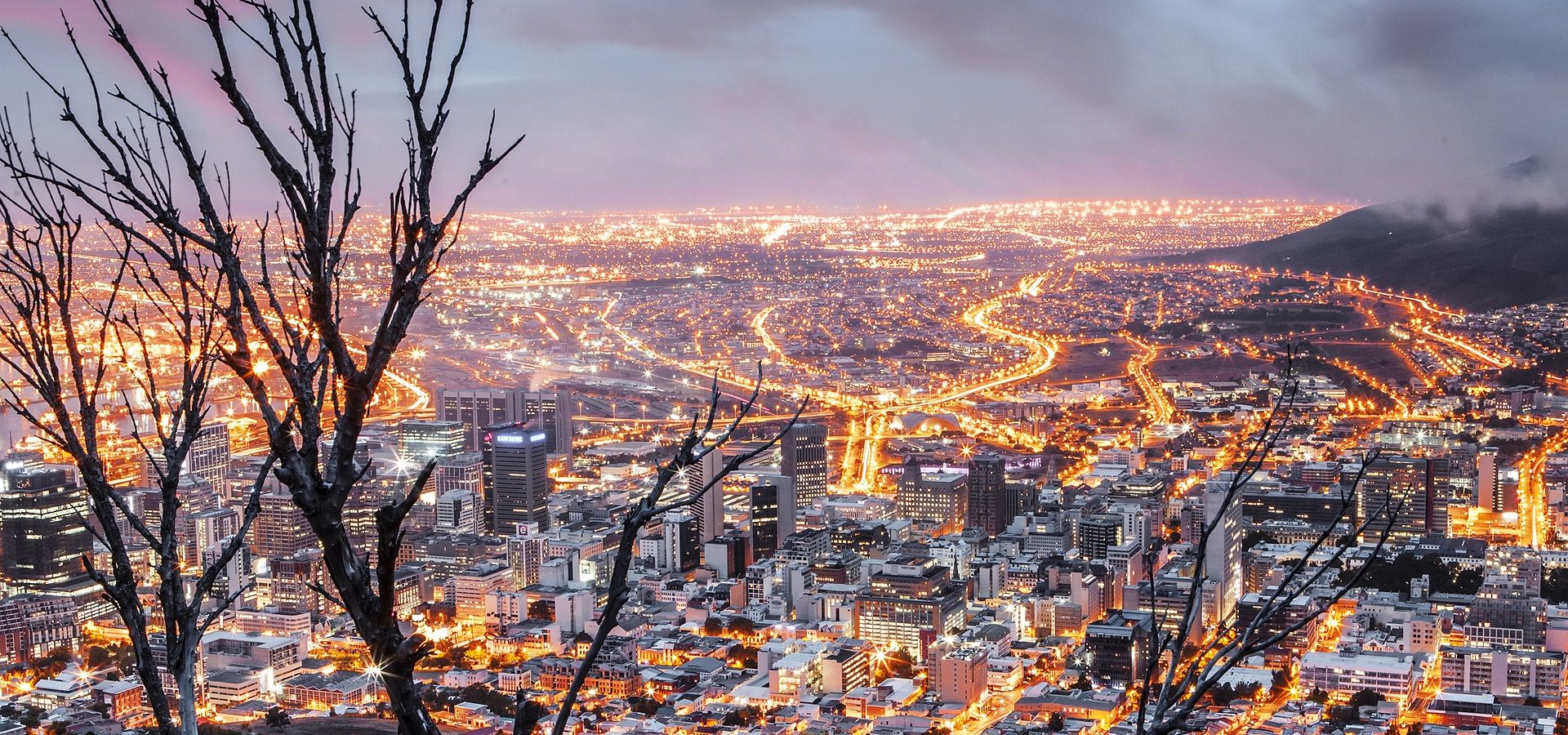South Africa’s electricity sector has emerged from a turbulent decade that has been tarnished by corruption and mismanagement. Vested political interests within the electricity industry here could still be locking the continent’s biggest carbon emitter on its current course as one of the dirtiest and most energy-intensive economies in the world, writes Leonie Joubert.

South Africa’s energy policy is dominated by new coal and nuclear energy deals (Public Domain)
Evidence of corruption and vested political interests within the South African electricity sector have been surfacing on almost every transparency platform in the past few years: the public protector’s State of Capture inquiry in 2016, and various legal commissions that domino-ed out of that investigation; legal submissions in various court processes, including one challenging the state’s nuclear procurement processes; and much of the associated media coverage.
These dirty dealings have surfaced in the government’s attempt to assign Russia to build a fleet of six nuclear power stations here, even though the Treasury showed that the cost would cripple the economy. It came through in the commissioning of various new coal-fired power plants. It skewed the numbers used in the modelling process for the country’s energy blueprint, the Integrated Resource Plan, which until recently favoured coal and nuclear because it didn’t accurately reflect the sudden drop in the price of renewable energy relative to new-build coal. It is evident in the deliberate obstruction of the country’s utility-scale renewable energy programme. And it has emerged in recent investigations into the state’s coal purchasing contracts with emerging mining companies.
During his visit to the World Economic Forum in Davos last month, president Cyril Ramaphosa tried to reassure international investors that these were precisely the kinds of dirty dealings that he would root out while in office.
But a local energy researcher argues that newly established coal interests, who are beneficiaries of ANC-insider patronage, have special leverage to influence government. And they’re using the fear of coal-related jobs losses to derail the country’s transition to a lower carbon economy.
Vested political interests in coal
South Africa gets between 85 percent and 90 percent of its electricity from coal.
It is also one of most energy intensive economies in the world. SA needs more energy to produce a unit of GDP than most countries, engineer and energy researcher Hilton Trollip said during a radio interview this week.
Trollip, who works with the University of Cape Town’s Energy Research Centre (ERC), referred to ongoing revelations of the newly established coal interests within the ANC under the rule of corruption-tainted former president Jacob Zuma.
‘Eskom spends more than R50 billion a year on coal,’ says Trollip. ‘This amount has doubled in the past ten years, even though the volume of coal it’s buying has stayed the same.’
From 2007 to 2015, Eskom shifted 30% of its coal supply from long-term coal-buying contracts, to short-term contracts with emerging mining companies. While some of these contracts are ‘above board’, Trollip points to the public protector’s State of Capture report which links some of these contracts with government insiders who are ‘connected to a faction in the ANC’ that benefited from this ongoing relationship with the coal industry.
Dirty dealings in the nuclear plan
As reported on in this column and elsewhere, by the end of 2017 the administration under then-president Jacob Zuma was on the verge of committing to a programme that would have locked the country into a deal with Russian to build up to six nuclear power stations here. Legal action stalled the procurement process just long enough for the ANC to recall the corruption-tainted Zuma, who had fired several finance ministers in his effort to force the deal through without following due process.
Zuma was replaced by his deputy Cyril Ramaphosa, who had the sense to listen to his Treasury’s warning that the cost of this deal would cripple the economy. Since then, Ramaphosa has called off the deal, but various court processes and state investigations, including the public protector’s State of Capture report, showed the vested interests within the Zuma administration which were pushing the deal for their own financial gain.
Tripping up the renewable programme
At the same time, the country’s utility scale renewable energy (RE) project, run between 2011 and 2015 and hailed as one of the most successful RE procurement processes in the world, came to a halt when the state utility, Eskom, refused to finalise the last round of contracts with private-sector investors, in spite of the energy minister instructing it to do so. This, too, was linked with pro-coal and pro-nuclear interests within the ruling party.
Once Ramaphosa was sworn in as president, suddenly the final stalled projects were signed off and allowed to reach completion. This, say pundits, is further evidence of the vested interests within the Zuma administration which were obstructing efforts to replace coal in the energy mix.
President Cyril Ramaphosa tried to reassure international investors at Davos that the new administration would root out the kind of corruption that has skewed the country’s energy policy away from what researchers at the ERC and the Council for Scientific and Industrial Research (CSIR) have calculated to be the most affordable and low-carbon transition plan for the economy: a steady decommissioning of old coal plants, while bringing on line utility-scale wind and solar, supported by gas, and also an increased shift to distributed energy resources such as roof-top solar panels, energy efficiency and batteries.
What’s still missing from the state’s energy transition plan, though, is a clear policy about how to support workers within the coal industry who will lose their livelihoods as the country phases out coal. Trollip argues that some interests, who rely on maintaining the coal economy for their patronage benefits with the ANC, are using the labour question as a way to continue to lobby against a transition to a cleaner energy sector.